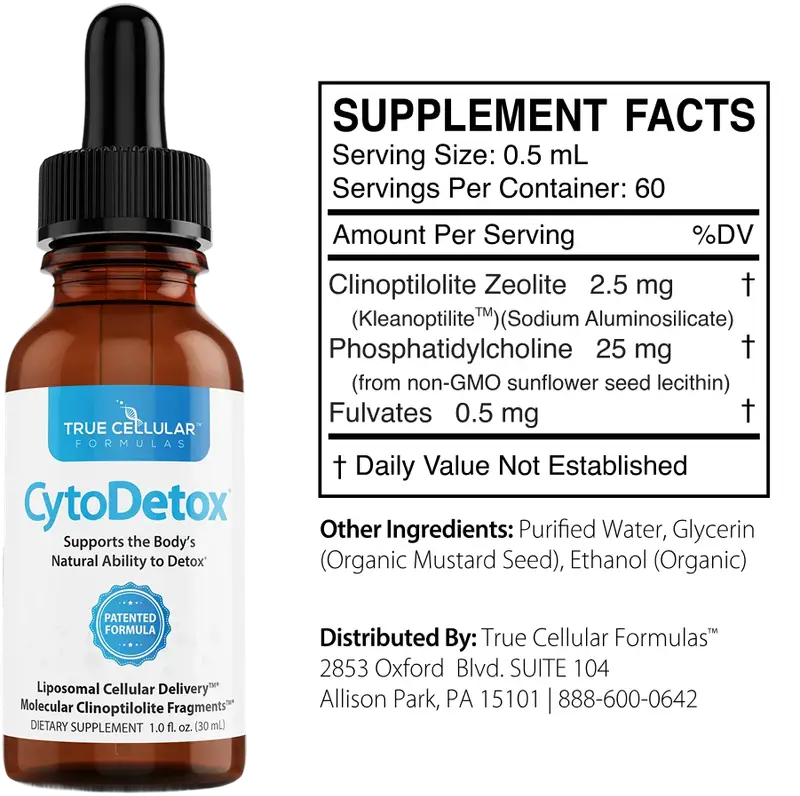
Flush Out The Vile Toxins And Heavy Metals Polluting Your Cells And Organs
(And Robbing You Of Your Health And Vitality)
Discover the powerful and patented detox mineral invented by renowned toxin researcher Warren Phillips, M.S. (A.K.A. The Non-Toxic Dad)
Dear Non-Toxic Friend,
If you found this page, I probably don’t have to tell you about the skyrocketing number of toxins we are exposed to each day. Or how these toxins have devastating consequences for your health, appearance, and lifestyle — like premature wrinkles, bloating and digestive issues, stubborn weight gain, trouble focusing, and debilitating fatigue.
Because if you’re one of the 50 million people who see my posts on social media every month, you know all this already…
Now you want to know what to do about it.

Well, I have good news. I invested 5 Years and $2.3 million to invent a patented new method for supporting your body’s natural detoxification process.
And I’m happy to say it’s finally ready for you to use to cleanse years of built-up toxins from your body so you can look, feel, and live your best.







 See The Complete
Product Label
See The Complete
Product Label


























